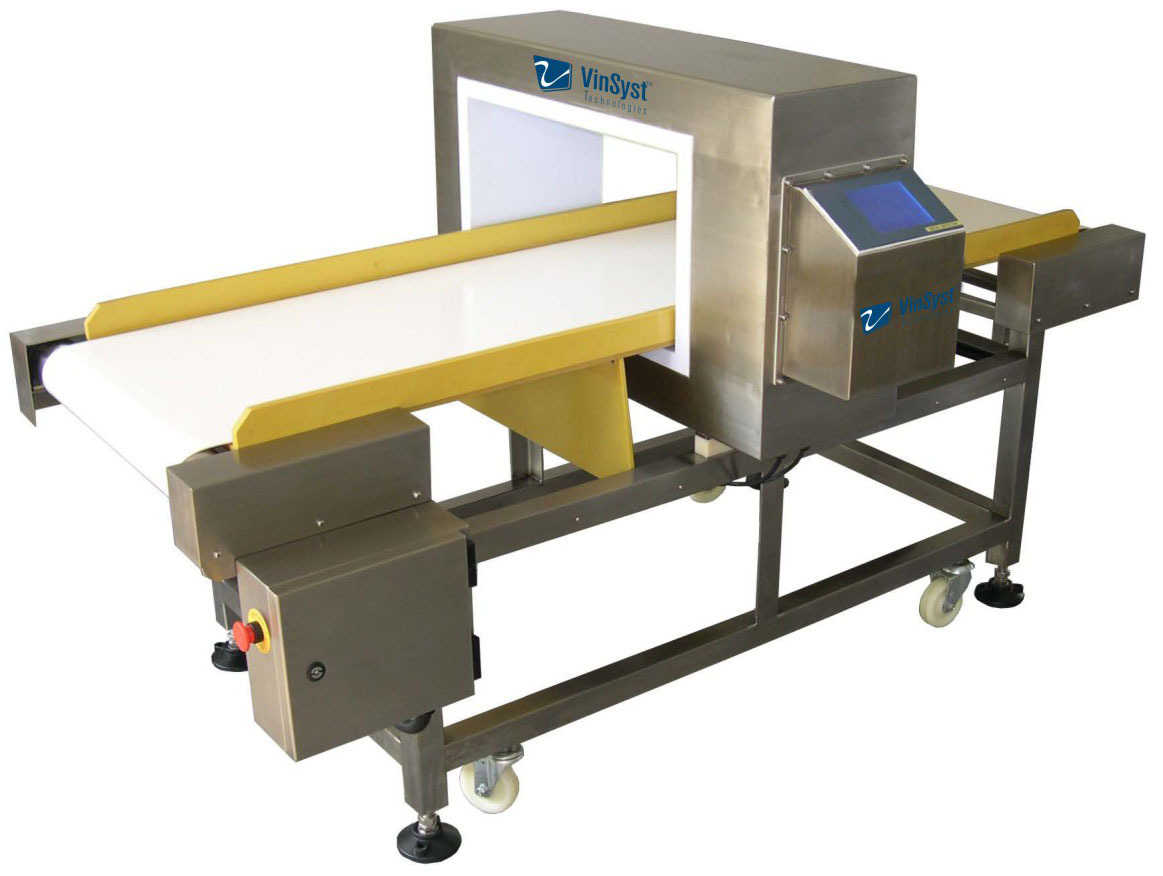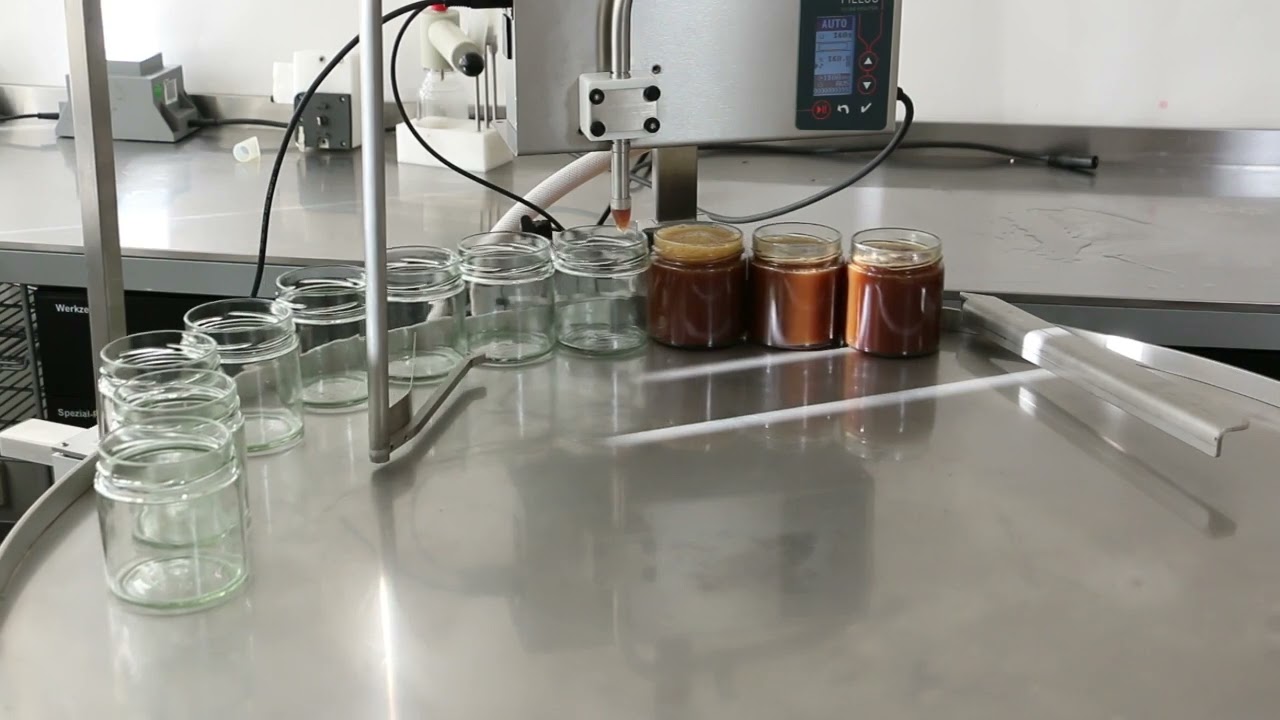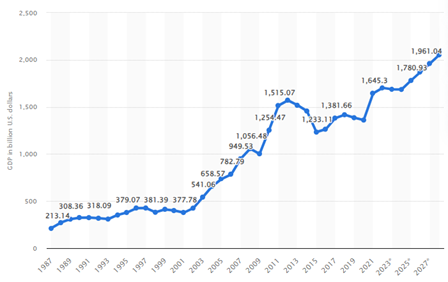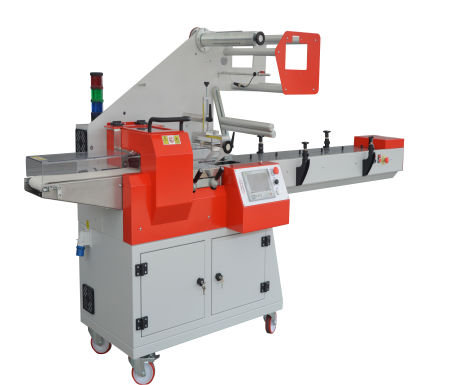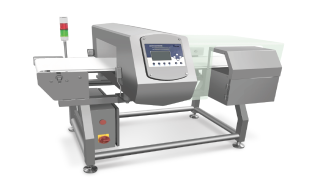Do you run a food factory? With laws regarding food safety more stringent each passing year, the consequences of neglecting safety concerns can incur massive penalties and legal trouble. Thankfully, the top food factory machinery providers in Australia manufacture food metal detectors in all shapes and sizes. The vast range of food metal detectors ensures that your production line is covered no matter what kind of product you manufacture. From liquid foods like sauce and dairy to packaged solid food items like biscuits and pastry, the type of metal detector needed can vary greatly. To find the best metal detector for your food factory production line, it is wise to understand the types and specialities of the most popular metal detectors.
1. IMD:
Being a conveyor-type metal detector, IMD is suitable for a wide range of food industries. It is among the first DSP conveyor belt-type metal detectors with incredible accuracy and precision. Compatible with meat, poultry, aquatic products, seeds, nuts, vegetables, chemicals, raw materials, pharmaceuticals and a lot more. These conveyor-type detectors work with shocking accuracy for detecting both ferrous metals and non-ferrous metals. The detection width of the IMD ranges from 400mm to 600mm. With a belt speed of 25m/min, it is ideal for fast-moving, high-volume production lines. Equipped with LCDs, and a sand-blasted, mirror-polished exterior, IMD stands at the cutting edge of food metal detectors.
2. IMD-B:
Specialised for biscuits, sweets and confectionaries, the IMD-B food metal detector features a dedicated pneumatic retracting band-type rejector to eliminate contaminated articles. The unique advantage of this pneumatic band is that it enables the machine to get rid of contamination without breaking the order of the remaining products on the conveyor. You can choose a detection width ranging from 600mm to 1200mm. Made using food-grade PU, IMD-B is perfect for sweet production and baked goods. Although the standard belt speed clocks at 15 m/min, you can choose variable speed options.
3. IMD-M:
This pharmaceutical metal detector features a small detection width but incredible sensitivity for maximum accuracy and precision. IMD-M detects all sorts of metal contamination including ferrous and non-ferrous metals. The detection width ranges from 72 mm to 137 mm and the detection height ranges between 17 mm to 25 mm. With a touch input, TFT (Thin Film Transistor) display and automatic rejection technology, the IMD-M is curated to find its spot on a pharmaceutical production line.
4. IMD-P:
Do you have to work with powders, granules or other bulk items? The tendency of these items to get contaminated with metal shavings or shards is high. Instead of expensive product recalls, IMD-P is the ideal solution for dealing with these products. The small footprint of the machine allows it to fit into tight production lines and the automatic flap-type rejection technology takes care of the rest. Made primarily using Stainless Steel, it is food grade and works on an AC 220 V power supply.
Conclusion
Your journey towards creating a safe and contamination-free food product starts with food metal detectors. Optima Weightech, a leading food-grade machinery producer in Australia is the go-to choice for professionals with heavy-duty industrial requirements.

